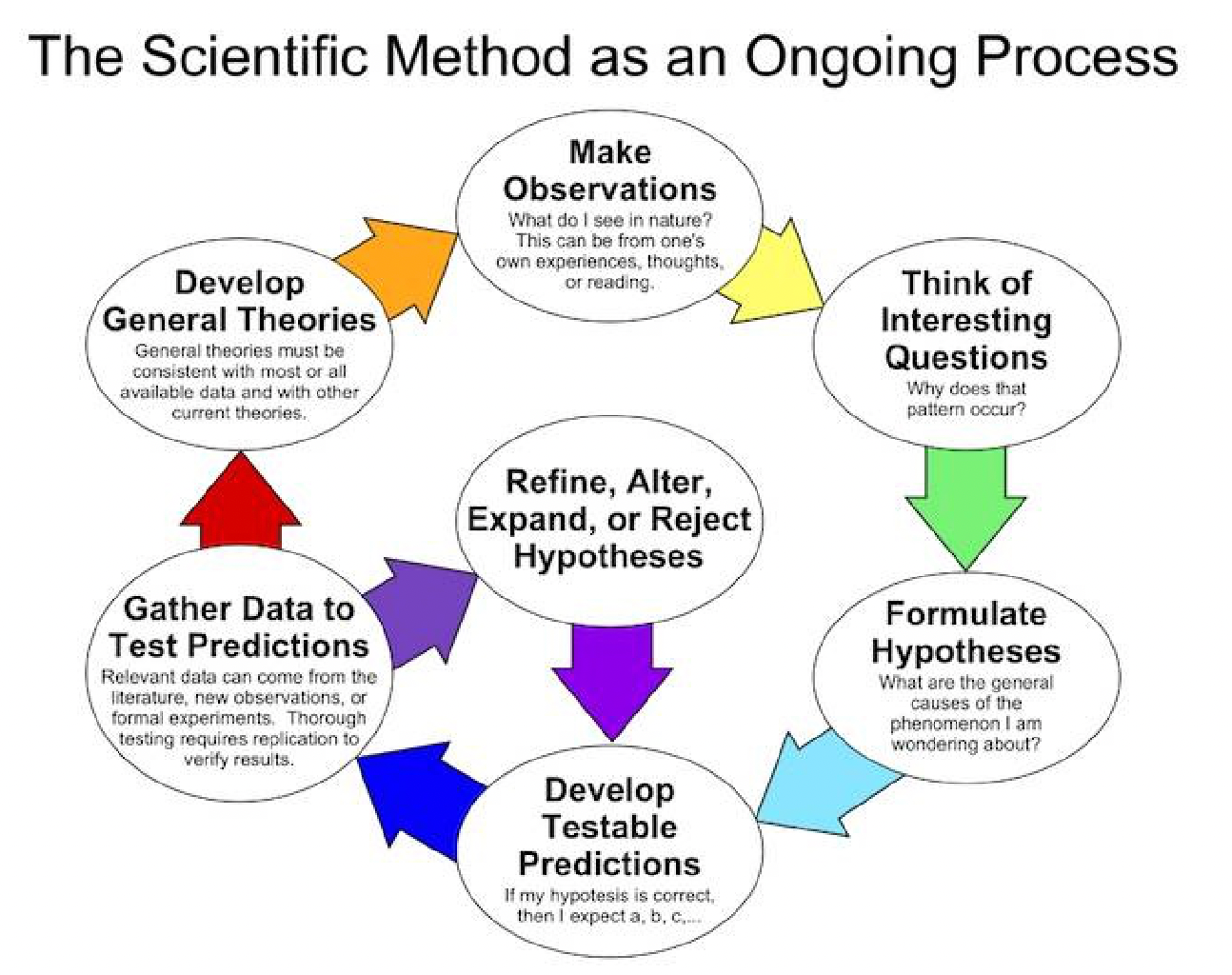What is better knowledge? 什么是更好的知识?
In life, if you encounter someone who carries an air of superiority or disdain and makes comments such as:
在生活中,如果你遇到一个带着优越感或不屑一顾的人,并发表这样的评论:
“You don’t even know this?!”
“你连这个都不知道?!”
“You just found out about this?!”
“你刚刚发现这件事?!”
“We stopped doing this a long time ago!”
“我们很久以前就不这样做了!”
you’re better off avoiding them. They are typical attention-seekers who are extremely concerned and only interested in their current status. They are even willing to trample on others in order to elevate their own “image” or “status”.
你最好避开它们。他们是典型的寻求关注的人,他们非常关心,只对自己的现状感兴趣。他们甚至愿意践踏他人,以提升自己的“形象”或“地位”。
Not all information constitutes knowledge. It’s quite obvious, isn’t it? Only valuable information can be considered knowledge. Even within valuable information (i.e., knowledge), there are distinctions in value, which should also be quite obvious. In my opinion, knowledge falls into two categories:
并非所有信息都构成知识。这很明显,不是吗?只有有价值的信息才能被视为知识。即使在有价值的信息(即知识)中,也存在价值差异,这也应该非常明显。在我看来,知识分为两类:
Knowledge without reproductive ability
没有生育能力的知识
Knowledge with reproductive ability
具有生殖能力的知识
Obviously, knowledge with reproductive ability is more valuable than knowledge without reproductive ability, and knowledge with strong reproductive ability is more valuable than knowledge with poor reproductive ability.
显然,有生育能力的知识比没有生育能力的知识更有价值,生殖能力强的知识比生育能力差的知识更有价值。
What is knowledge with reproductive ability? It’s best to illustrate this with an example. The scientific methodology is a form of knowledge with reproductive ability, and it’s the most productive knowledge I have acquired so far.
什么是具有生殖能力的知识?最好用一个例子来说明这一点。科学方法论是一种具有繁殖能力的知识形式,它是我迄今为止获得的最富有成效的知识。

It allows me to distinguish between what is scientific and what is not, what is worth studying and what is not, what needs to be verified and what requires further verification, what conclusions can be accepted and what cannot, what conclusions are pending observation… It plays an indispensable role in the process of sifting and accumulating knowledge, optimizing knowledge structure.
它使我能够区分什么是科学的,什么是不科学的,什么是值得研究的,什么是不值得研究的,什么是需要验证的,什么是需要进一步验证的,哪些结论可以接受,哪些不能接受,哪些结论有待观察……在知识的筛选和积累、知识结构的优化过程中,起着不可或缺的作用。
In other words, knowledge with reproductive ability stimulates thinking, action, and change, creating new perspectives, and that kind of knowledge will help you absorb, understand, and apply more knowledge with reproductive ability. For example, probability and statistics not only help us understand the world more accurately, but can even be used directly to make money…
换句话说,具有生殖能力的知识会激发思考、行动和改变,创造新的视角,而这种知识将帮助你吸收、理解和应用更多具有生殖能力的知识。比如概率和统计,不仅能帮助我们更准确地了解世界,甚至可以直接用来赚钱……
What kinds of knowledge almost have no reproductive ability? For example,
什么样的知识几乎毫无繁殖能力?例如
What does the Chinese character “鬯” mean and how is it pronounced?
汉字“鬯”是什么意思,它是如何发音的?
In the name of Jia Pingwa, the third character is pronounced “wà”;
在贾平瓦的名字中,第三个字发音为“wà”;
In the name of Chen Yinke, the third character is pronounced “kè” (yes, not “què”, it’s “kè”). Who was the first to propose “knowledge is power”?
在陈寅珂的名字中,第三个字的发音是“kè”(是的,不是“què”,而是“kè”)。谁是第一个提出“知识就是力量”的人?
How many cities are there in China?
中国有多少个城市?
How many people are there on Earth now?
现在地球上有多少人?
Knowledge without reproductive ability isn’t useless, but it’s not very useful, even expendable, a bit like the human appendix, it’s there, but we don’t know what it’s for, and it won’t make much difference whether it’s there or not.
没有生殖能力的知识不是没用的,但它不是很有用,甚至是消耗性的,有点像人类的阑尾,它就在那里,但我们不知道它是干什么用的,它是否存在也不会有太大的区别。
It’s like there are people creating beautiful melodies in the world every day, but we can’t know all of them, and knowing one more or less doesn’t make much of a difference; however, if we learn to create beautiful melodies, then we can create them. Although we can’t say that the beautiful melodies we don’t know are useless, we also shouldn’t and don’t need to feel superior because we know some beautiful melodies that others don’t (but most people like this kind of superiority feeling, which actually undermines things); on the other hand, if we really can create, it’s also necessary to have a little bit of superiority feeling, isn’t it?
这就像世界上每天都有人在创作美妙的旋律,但我们不可能知道所有的旋律,知道或多或少一个也没什么区别;但是,如果我们学会创造优美的旋律,那么我们就可以创造它们。虽然我们不能说我们不知道的优美旋律是无用的,但我们也不应该也不需要因为我们知道一些别人不知道的优美旋律而感到优越感(但大多数人都喜欢这种优越感,这实际上破坏了事物);另一方面,如果我们真的可以创造,也需要有一点优越感,不是吗?
Originally posted 2024-04-06 09:28:31.
